July 8, 2019
Volkswagen to apply agile working at new Berlin campus
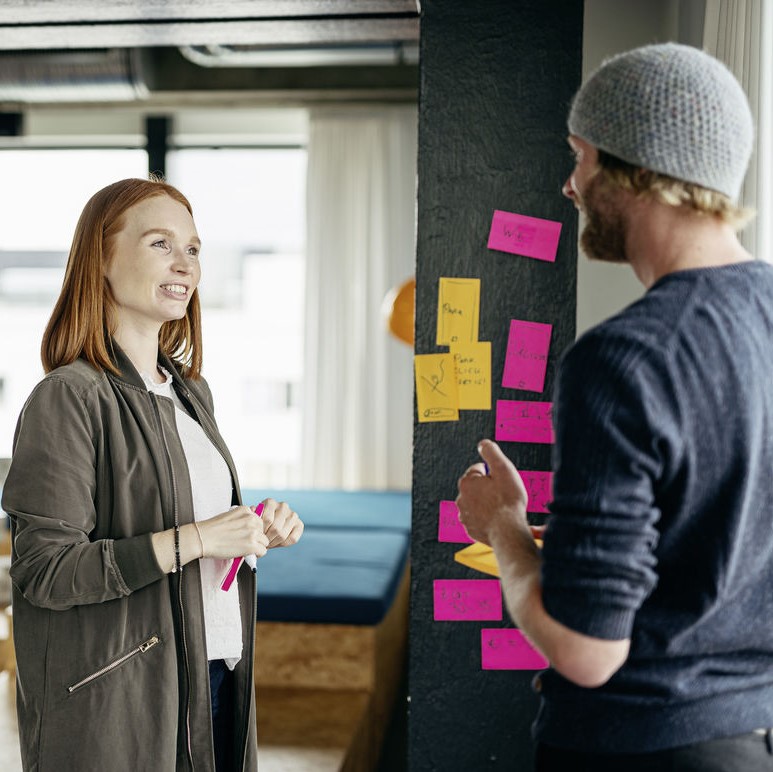 Volkswagen has opened its new ‘We Campus’ in Berlin and claims that the agile working principles used in its design will transform the working lives and output of the 900 people at the facility. The campus will bring together about experts from Volkswagen and other firms who have previously worked at different locations. Volkswagen claims that the centre will be an essential part of what it calls the We ecosystem, which includes an electric car sharing service WeShare which has been launched in Berlin with 1,500 e-Golf cars. Volkswagen also plans to create new future-oriented jobs at the campus. (more…)
Volkswagen has opened its new ‘We Campus’ in Berlin and claims that the agile working principles used in its design will transform the working lives and output of the 900 people at the facility. The campus will bring together about experts from Volkswagen and other firms who have previously worked at different locations. Volkswagen claims that the centre will be an essential part of what it calls the We ecosystem, which includes an electric car sharing service WeShare which has been launched in Berlin with 1,500 e-Golf cars. Volkswagen also plans to create new future-oriented jobs at the campus. (more…)







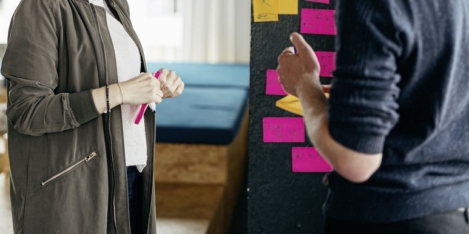
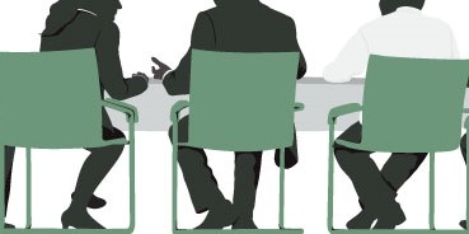

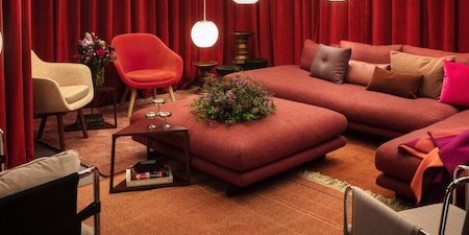
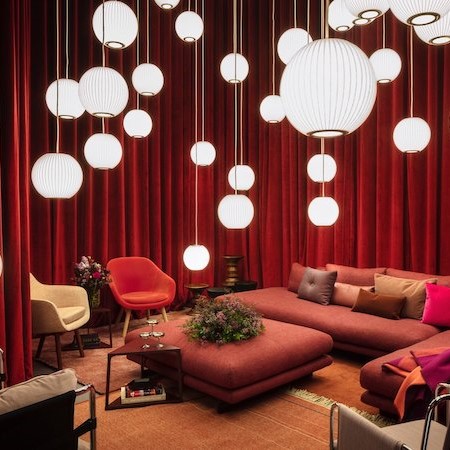




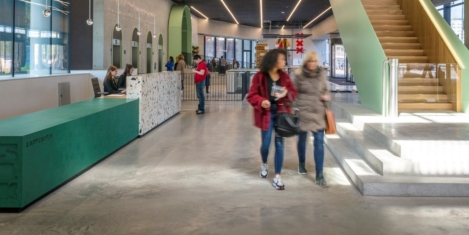
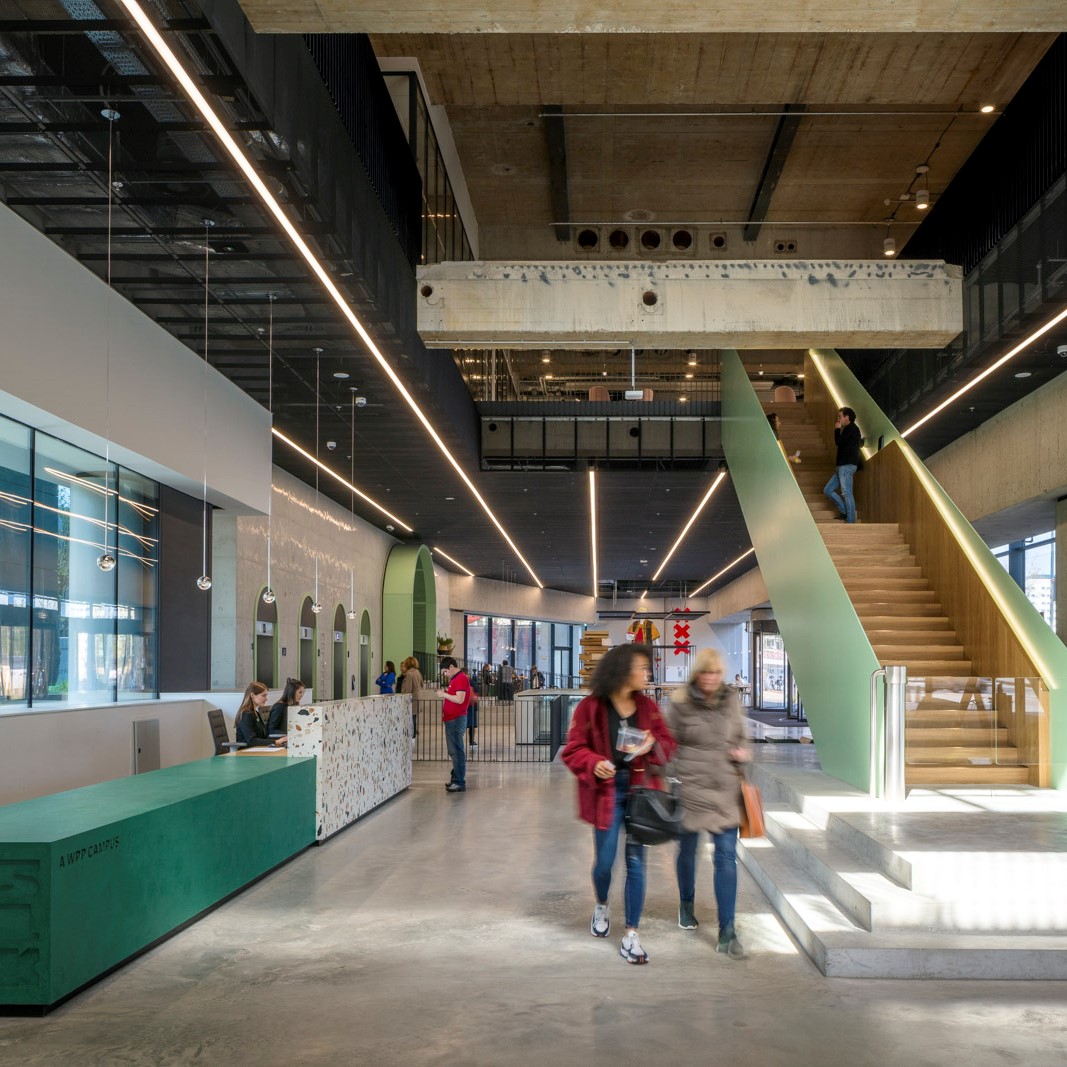

 For decades the trend among workplaces has seen employees moving out of individual offices and into open plan spaces. This has not always been successful, with the open-plan approach
For decades the trend among workplaces has seen employees moving out of individual offices and into open plan spaces. This has not always been successful, with the open-plan approach 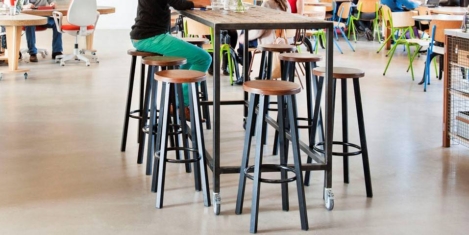
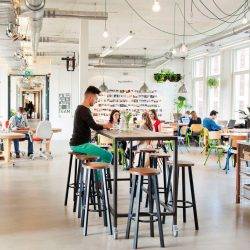















July 3, 2019
Getting a sense of productivity and motivation
by Jeff Revoy • Comment, Technology, Wellbeing, Workplace design